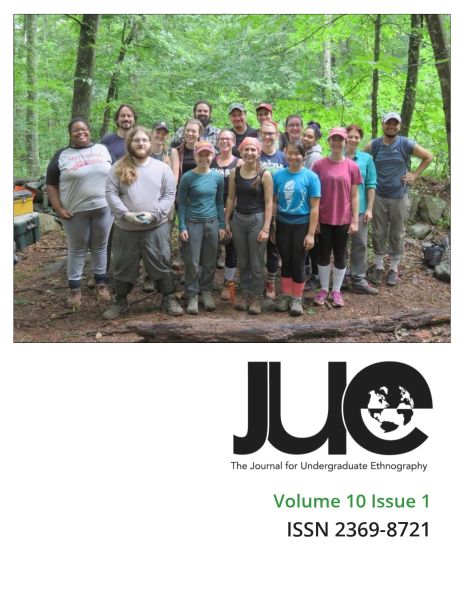Karate-Talk in a Canadian Dojo
DOI:
https://doi.org/10.15273/jue.v10i1.9946Keywords:
karate, discursive practices, identity construction, lin-guistic anthropologyAbstract
Karate-do is one of many budo, or martial ways, that originated during the Kamakura Shogunate of Japan. The original dojos (training halls), used the Japanese language to indoctrinate karate students into the moral code of the dojo community. Over the last century karate has spread across the world, and other languages have been combined with Japanese to teach the art and sport. In this article, the discursive practice of combining English and Japanese in Canadian dojos is called Karate-Talk. Using identity frameworks from linguistic anthropology and sociolinguistics, I illustrate and interpret how Karate-Talk teaches students the moral and ethical codes that are embedded in karate training, and in doing so helps students develop their black belt identity. Dojos want their students to develop black belt identities because it helps to pass on the traditions of karate-do and contributes to the preservation and continuation of the art form. This article describes Karate-Talk in a socio-historic context, and establishes the ways it is used to create black belt identities in karate students through the use of a case study.


